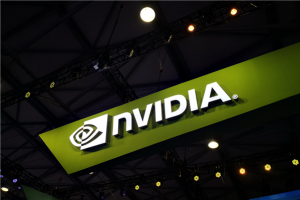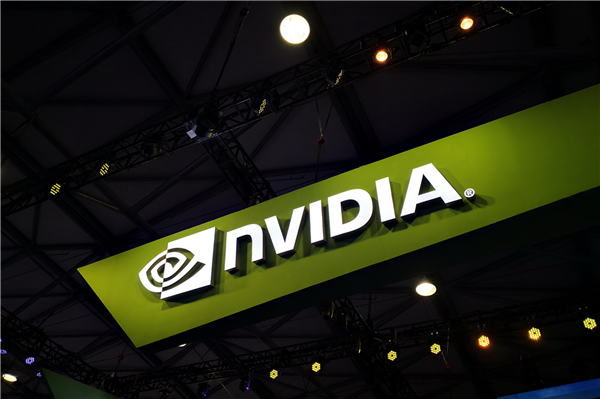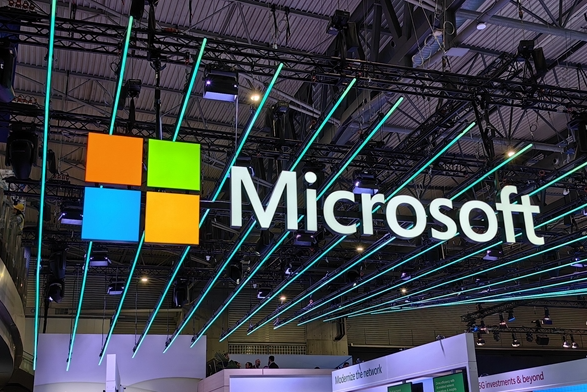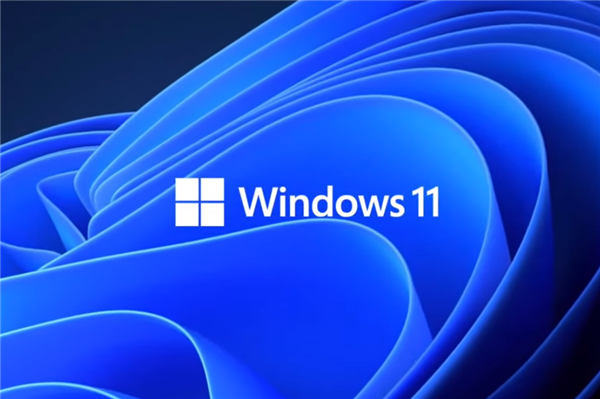September 24, 2024 – The German Cybersecurity Innovation Agency has announced the signing of contracts with four companies, namely Quantum Brilliance, ParityQC, Oxford Ionics, and neQxt, in a joint effort to unveil the world’s first mobile quantum computer by 2027.
With a bid value of €35 million, this marks the largest research grant awarded by the agency to date.
Researchers have emphasized that the proposed device, as a portable technology, will enable powerful computing capabilities in environments where traditional quantum computers cannot operate effectively. This innovation is expected to enhance not only defense and cybersecurity but also facilitate advancements in scientific research, supply chain management, and finance.

Quantum Brilliance, one of the contracted companies, specializes in miniaturized, room-temperature quantum chips. These chips rely on nitrogen-vacancy (NV) centers in synthetic diamonds as qubits, allowing for stable operation without the need for extreme cooling systems. The compatibility of these chips with traditional semiconductor chips lays the foundation for mobile quantum technology. Mark Luo, CEO of Quantum Brilliance, highlighted the significant potential of mobile quantum computers for defense and cybersecurity in Germany and its allies.
ParityQC, on the other hand, is developing a scalable quantum architecture and operating system called ParityOS. This system is designed to handle larger algorithms more efficiently and reduce error rates. The co-CEOs of ParityQC, Wolfgang Lechner and Magdalena Hauser, expressed their belief that the collaboration with Quantum Brilliance will enable them to develop the world’s first mobile quantum computer.
Oxford Ionics plans to utilize its proprietary electronic qubit control technology to develop a portable quantum computer named MinIon. This technology uses electrons instead of lasers to control its qubits. Chris Ballance, co-founder and CEO of Oxford Ionics, stated that this approach not only produces the world’s highest-performing chips but also provides a robust technology that can deliver industry-leading performance within a small physical footprint based on customer needs. MinIon represents the first miniaturized system specifically designed to adapt to the dynamic and fast-paced nature of national security and defense.
Meanwhile, the German startup neQxt aims to integrate its existing ion trap technology into a compact, modular, scalable, and mobile system called MaQue. This system will enable defense and national security departments to optimize and execute quantum simulations in real-time, eliminating the need to rely on large cloud-based data centers. MaQue is designed to provide reliable computing support in remote or potentially unsafe areas, such as battlefields, and can also be used to simulate chemical or biological hazards and process vast amounts of data related to battlefield operations.












